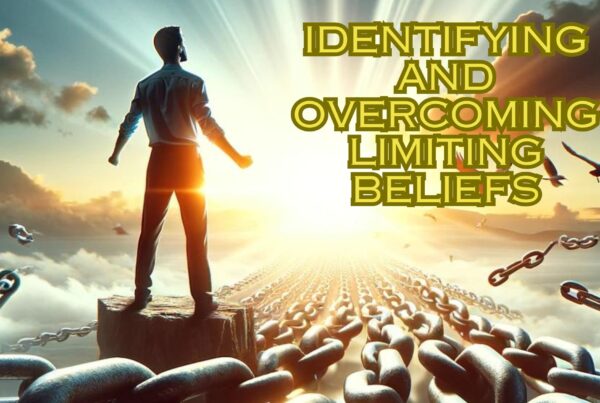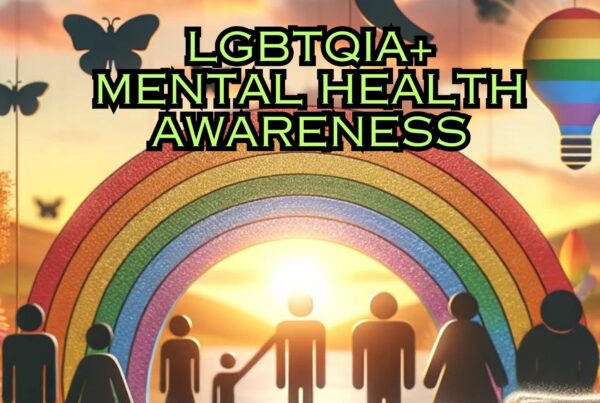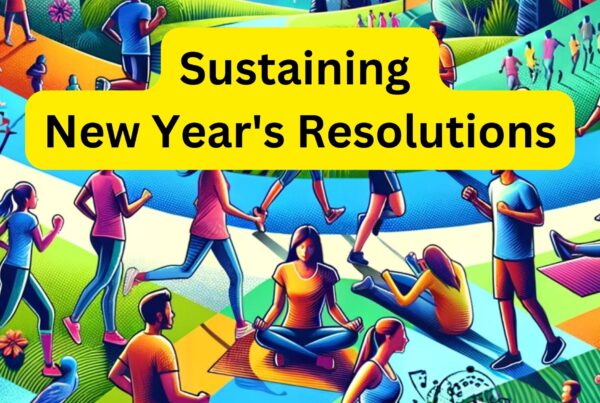Reflecting on New Year’s Resolutions: A Guide to Learning from the Past Year
As we bid farewell to another year and gear up for the next, it’s a perfect time for Reflecting on New Year’s Resolutions. This process is not just about ticking off what we achieved and what we didn’t; it’s a deeper journey into understanding ourselves, our motivations, and our challenges. Let’s dive into how we can reflect on the past year’s resolutions to pave the way for a more fulfilling and successful new year.
The Importance of Reflection
Reflection is a crucial component of personal growth, particularly when it comes to Reflecting on New Year’s Resolutions. This introspective process goes beyond merely assessing what we’ve achieved; it involves a deep dive into our motivations, actions, and decisions over the past year. By reflecting, we gain insight into our behavioral patterns and decision-making processes, allowing us to understand the ‘why’ behind our goals and the ‘how’ of our approaches. This understanding is vital as it guides us in setting future goals that are not only ambitious but also realistic and aligned with our true capabilities and circumstances.
Moreover, reflection is a forward-thinking process that equips us with the wisdom to make better choices in the future. Analyzing our past experiences helps us identify our true motivators, recognize common obstacles, and devise strategies to overcome them. This introspective journey is empowering, transforming our past experiences into actionable knowledge. It enables us to set resolutions that are not mere wishes but well-informed, actionable commitments. Ultimately, the importance of reflection lies in its ability to help us grow, learn, and move forward with greater clarity and purpose.
Step-by-Step Guide to Reflecting on Last Year’s Resolutions
- List Your Resolutions: Start by listing out all the resolutions you set for the past year. Include everything, no matter how small or big.
- Assess Your Progress: For each resolution, assess how much progress you made. Did you achieve it, make partial progress, or was it left unattended? Be honest but kind to yourself in this evaluation.
- Understand the ‘Why’: For each resolution, especially those you didn’t achieve, ask yourself why. Were there external factors, or did it come down to motivation, resources, or time management?
- Celebrate Your Successes: Take time to celebrate the resolutions you did achieve. Acknowledge your hard work and what it took to get there.
- Learn from Challenges: For resolutions that weren’t met, consider what you can learn from these challenges. Was the goal unrealistic? Did you need more support or resources?
- Identify Patterns: Look for patterns in your resolutions. Do you tend to set overly ambitious goals, or perhaps you shy away from certain types of goals?
- Gather Feedback: Sometimes, external perspectives can offer valuable insights. Talk to friends or family about your goals and their observations.
- Set Intentions for Moving Forward: Based on your reflections, set intentions for the new year. How will you approach goal-setting differently?
- Plan for Obstacles: Anticipate potential obstacles for your new resolutions and plan how you’ll address them.
- Write It Down: Document your reflections and the insights you’ve gained. This record will be a valuable resource for the future.
Reflecting on New Year’s Resolutions
Reflecting on New Year’s Resolutions is a crucial step in personal growth. It’s not just about setting new goals but about understanding ourselves better and learning how to set goals that are meaningful, realistic, and aligned with our true aspirations. As you reflect on the past year, remember that each experience, whether a success or a setback, is a stepping stone to a more aware and fulfilled you.
Here’s to a year of insightful reflections and purposeful resolutions!
Release Hypnosis Melbourne Hypnotherapy
Since 2016, Lawrence Akers has been working under the name Release Hypnosis offering Hypnotherapy and ACT based work to the people of Melbourne or an online service. Based on St Kilda Rd, Release Hypnosis is an easy and convenient location to get to and accessible by the ANZAC station train and tram stop. Release Hypnosis can help with a wide range of presenting issues, and I offer a free 30 minute no obligation discovery call for those who are unsure if hypnotherapy is the right way forward for them.
Book Your FREE 30 Minute Consultation With Release Hypnosis NOW!
You may also like to read:
Discovering Purpose and Values: A Path to Mental Well-being
Can’t Visualise in Hypnosis? Here’s What You Can Do Instead.
Dealing with Financial Stress and Crisis: Finding Peace Amid Turbulence
What Is The Success Rate of Hypnosis?
Image by Tom Christensen from Pixabay
Release Hypnosis Melbourne Hypnotherapy is accessible for people in: Abbotsford, Armadale, Albert Park, Balwyn, Bentleigh, Black Rock, Box Hill, Brighton, Brunswick, Bulleen, Bundoora, Camberwell, Canterbury, Carnegie, Caulfield, Chadstone, Cheltenham, Clayton, Coburg, Collingwood, Deer Park, Doncaster, Elsternwick, Eltham, Elwood, Epping, Essendon, Fairfield, Fitzroy, Footscray, Glen Iris, Glen Waverley, Glenhuntly, Greensborough, Hampton, Hawthorn, Heidelberg, Highet, Ivanhoe, Kew, Kooyong, Lalor, Laverton, Lower, Plenty, Macleod, Malvern, Middle Park, Moonee Ponds, Melbourne, Moorabbin, Mount Waverley, Murrumbeena, Northcote, Oakleigh, Ormond, Parkville, Pascoe Vale, Port Melbourne, Prahran, Preston, Richmond, Rosana, Sandringham, South Yarra, South Melbourne, Spotswood, St Albans, St Kilda, Surrey Hills, Templestowe, Thornbury, Toorak, Tullamarine, Williamstown, Yarraville, North Melbourne, Windsor, East Melbourne, Melbourne, Melbourne CBD, Melbourne 3004








